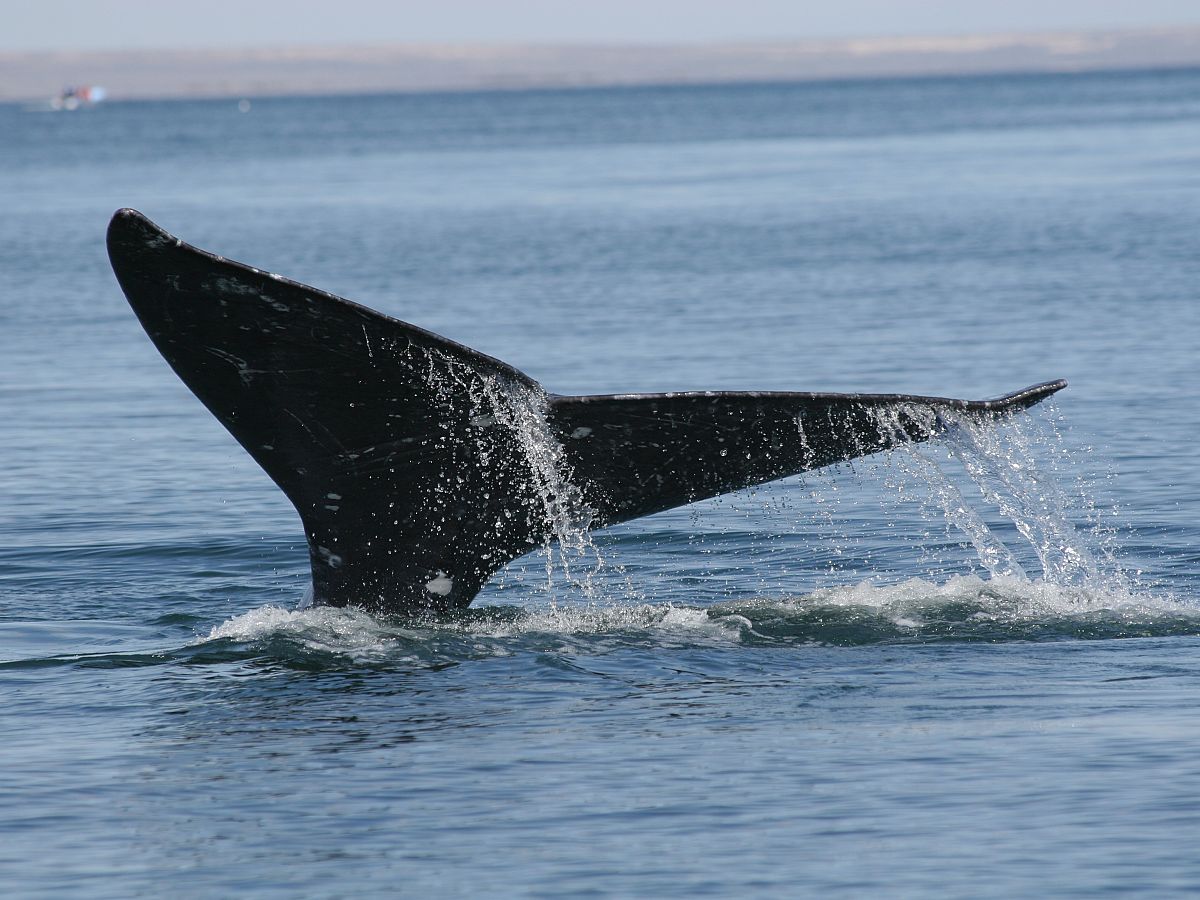Professor Rus Hoelzel, from our Department of Biosciences has collaborated with three other researchers to used genetics to identify the birthplace of a grey whale. The grey whale was discovered nearly halfway round the world from its native habitat, a new record for the longest recorded distance for a marine mammal, fish or reptile.

The DNA samples taken from the whale showed that it was born in the North Pacific, meaning it had travelled at least 20,000km.
It's in the DNA
The whale was spotted off the coast of Namibia, South-West Africa, in 2013, the first grey whale ever to be recorded in the South Atlantic.
With help from the Namibian Dolphin Project, photographs and DNA samples were taken and compared them to other samples on a database.
Potentially from an endangered population
The DNA samples taken from the whale showed that it was born in the North Pacific, meaning it had travelled at least 20,000km.
Although the research is not conclusive, the researchers also believe the whale comes from an endangered western population thought to include approximately just 200 individuals.
Global change
The sighting of this whale so far from its native habitat could have conservation implications if they are able to explore new habitats in a changing world.
This grey whale from the Atlantic would have most likely travelled across the Arctic. This has been made possible during warming periods when the ice melts, creating a passage big enough for the whales to travel and explore new areas..
